Filter & Sort
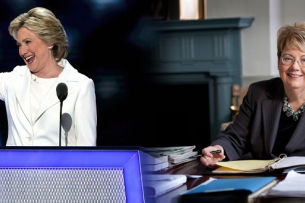
The Gender of Incremental Leadership
University of Virginia President Teresa Sullivan and U.S. presidential candidate Hillary Clinton have a similar leadership style, writes Charlie Tyson, and public reaction to it says a good deal about how our society pigeonholes women with power.

Campus Civility in a Politically Charged Era
There is a real danger should presidents, as leaders of our campuses, speak out in judgmental terms about the wisdom of a Trump administration action, argues Donald J. Farish.
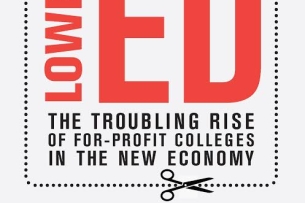
Credentials, Jobs and the New Economy
Given the high dropout rates and poor job-placement rates of for-profit colleges, people often blame them for what are, in fact, labor market failures in an economy that has shifted new risks to workers, writes Tressie McMillan Cottom.

Opportunity for Online Learning
President Trump's push to limit entry to the United States makes learning online a more important option than ever, writes Robert Ubell.
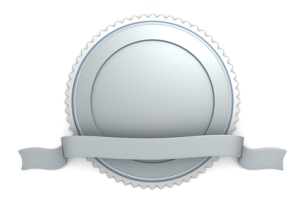
The Changing Audience for Credentials: 3 Key Questions
Credential innovation is so important because colleges provide much of what employers are looking for, but they don’t assess, document and communicate those outcomes, argues Matthew Pittinsky.
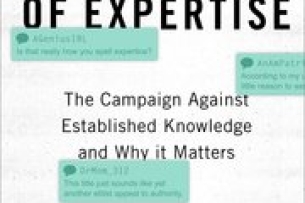
'The Death of Expertise'
Tom Nichols devotes most of The Death of Expertise to identifying how 21st-century American life blurs the line between fact and opinion, writes Scott McLemee.
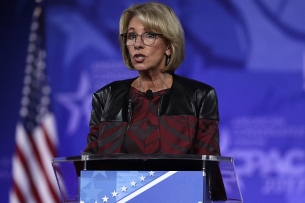
Becoming Acquainted With Ambivalence
U.S. Secretary of Education Betsy DeVos’s assertion that faculty members tell students what to say and think distorts a basic fact: most professors are dedicated to teaching their students to think independently and critically, argues Susan Resneck Pierce.
An Invitation
We should acknowledge that many Americans believe that higher education is indoctrination in the dogmas of liberalism, writes Steven C. Bahls, and ask why this perception exists and what we can do to change it.
Pagination
Pagination
- 346
- /
- 767